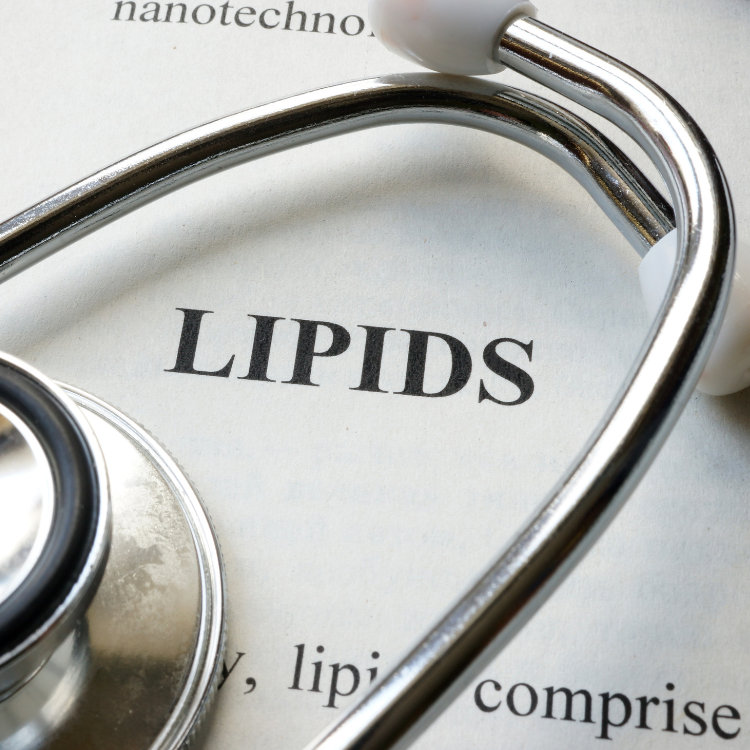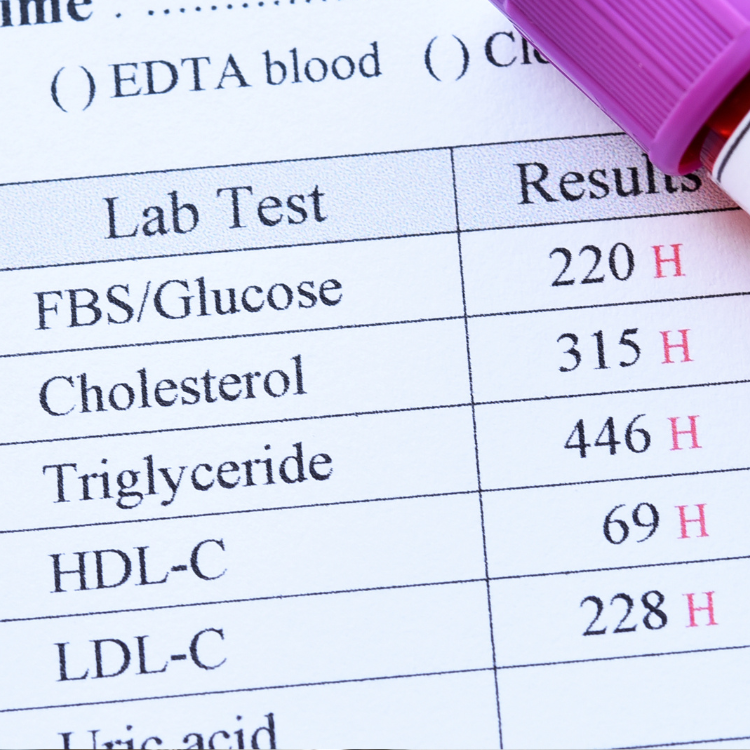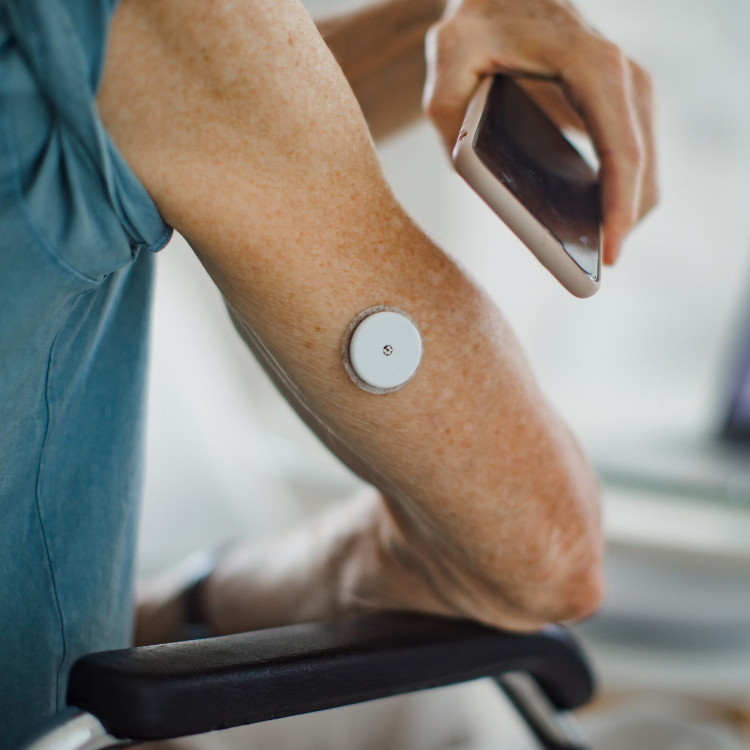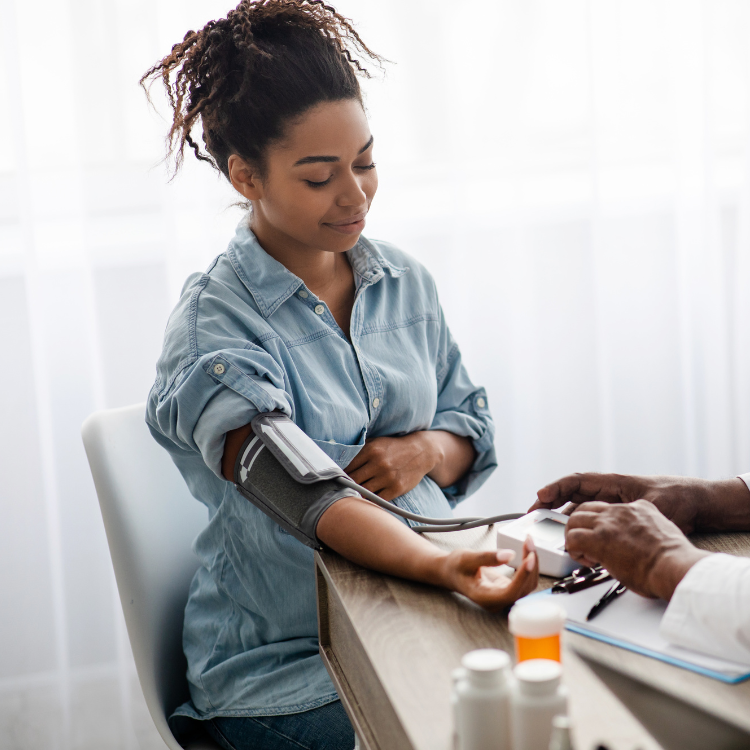Heart health testing
Heart disease continues to be the number one cause of mortality for men and women. This is an area where you can reverse risk with diet, exercise, and medications.
Studies have shown in healthy middle aged people with no risk factors that 25% of them had a POSITIVE cardiac calcium scan. The heart arteries are a good barometer of the quality of your arterial circulation throughout the body. Poor blood flow = atherosclerosis which leads to issues with stroke, heart attacks, impotence, muscle cramping, and damage to every system.

TEST OPTIONS
Heart health is perhaps one of the only major aging issues where you can actually reverse damage. To do this, you want to limit inflammation, glucose, and cholesterol. There are some genetic predispositions. Activity levels and diet are also important. For those at higher risk, being in the “normal” range may not be adequate- being in the low normal range may lower or reverse risk.
What is your risk? We have a blogs for heart health heart science blogs, and specifically one to evaluate risk. For a sample cardiac risk calculator from the American Heart Association, click calculator. Cardiac risk calculators look at things like family history (father with stroke/heart disease before age 55, mom with disease before age 65), smoking, high blood pressure, weight, diabetes, cholesterol levels, and activity.
- Labwork shows you levels of inflammation, blood sugar, and cholesterol.
- Continuous glucose monitors help you find what foods are better for YOU if you are pre diabetic. It illustrates if interventions like exercise, probiotics, and medications are helping, so you can adjust what you do.
- Scans show calcification of your arteries. The heart arteries are a window to what is going on in arteries throughout the body.

COMPREHENSIVE LIPID PANEL
We go past LDL and HDL. Cholesterol is more complex than just LDL and HDL.
- LDL
- HDL
- HDL - is often called the "good" cholesterol because it helps remove excess cholesterol from the bloodstream and transports it to the liver for disposal. Higher levels of HDL are associated with a lower risk of heart disease, as it helps prevent cholesterol buildup in arteries. Ideally you want levels about 60 mg/dl for heart health. Diet, exercise, and stopping smoking can help raise levels.
- Apo (a)
- Apo (b)
- Apo (b) - Apoprotein b is a protein that plays a crucial role in transporting cholesterol and fats through the bloodstream. It is found in lipoproteins like low-density lipoprotein (LDL) and very-low-density lipoprotein (VLDL), which are often associated with an increased risk of heart disease. Studies have found it correlates more highly than LDL with heart disease. Diet, exercise, and statins are effective in lowering levels.
- Lipoprotein a
- Lipoprotein a - Lp(a) is a type of low-density lipoprotein (LDL) that carries cholesterol in the blood. It is genetically inherited and considered an independent risk factor for heart disease. Unlike regular LDL cholesterol, Lp(a) also promotes blood clotting and inflammation, making it particularly concerning for heart health. It is not improved by diet or exercise, and a medication is in development to help lower it.
- Homocysteine

BLOOD GLUCOSE
Our insulin panel includes:
- HBA1c
- insulin level
- fasting glucose
- triglycerides

CARDIAC CALCIUM SCAN
This is a CT scan performed at a local hospital. The images show calcium deposits of the arterial blood supply in the heart. Higher amounts of calcium are associated with more severe disease in the heart arteries.

Continuous Glucose Monitor
This is a simple “button” you wear on your arm for two weeks. It measures the glucose level in your tissue, connecting with an app so you can see what food and activity do to your blood sugar levels. It is great for those with HbA1c over 5, and for those over 5.7 who are prediabetic, it is a must.

Omega Check
OmegaCheck® can be tested on those at high risk: high cholesterol, triglycerides, history of high blood pressure, or those with high metabolic or cardiovascular risk.
It is a blood test to measure levels of omega-3 fatty acids -EPA, DHA, and DPA in your blood. These fatty acids are important for heart health.

C reactive protein
C reactive protein is part of our advanced panels and is a test used to detect inflammation in the blood. It can be elevated from inflammatory conditions like infection, autoimmune disease, and chronic inflammation.
High sensitivity CRP is associated with heart disease.